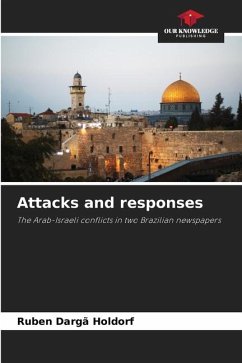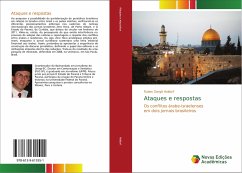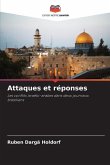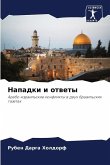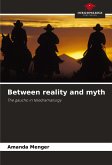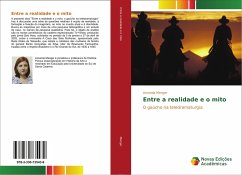In researching the possibility of partisanship in Brazilian newspapers in relation to tensions between Israel and neighbouring countries, we looked at the different editorial positions in the international news sections of the Brazilian newspapers Zero Hora, from Porto Alegre, and O Estado do Paraná, from Curitiba, which ceased circulation in February 2011. The assumption was that there was interference in the process of selecting news and reports on the conflicts between Arabs and Israelis. In other words, Zero Hora favoured pro-Israel editions, while the Curitiba newspaper maintained an editorial line in favour of the Arabs. The aim was to present the engineering behind the construction of journalistic discourse, defining the role of editors and the duties imposed within newsrooms. This is the result of master's research, defended in 2008 at Unimarco in São Paulo, Brazil.
Bitte wählen Sie Ihr Anliegen aus.
Rechnungen
Retourenschein anfordern
Bestellstatus
Storno

